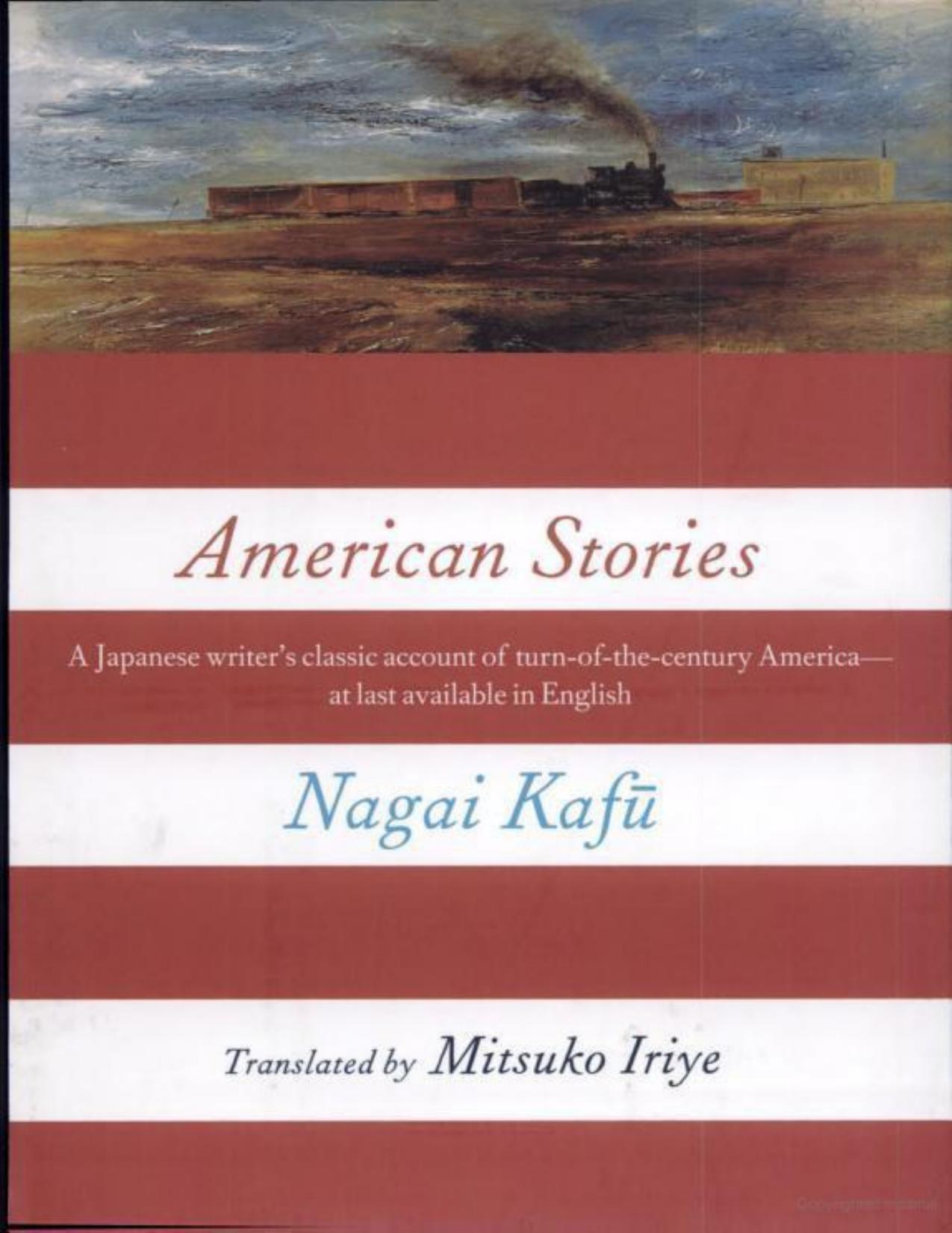
American Stories PDF
Preview American Stories
Nagai Kafu is one of the greatest modern Japanese writers, but until now his classic collection, American Stories, based on his sojourn from Japan to Washington State, Michigan, and New York City in the early years of the twentieth century, has never been available in English. Here, with a detailed and insightful introduction, is an elegant translation of Kafu's perceptive and lyrical account.
Like de Tocqueville a century before, Kafu casts a fresh, keen eye on vibrant and varied America -- world fairs, concert halls, and college campuses; saloons, the immigrant underclass, and red-light districts. Many of his vignettes involve encounters with fellow Japanese or Chinese immigrants, some of whom are poorly paid laborers facing daily discrimination. The stories paint a broad landscape of the challenges of American life for the poor, the foreign born, and the disaffected, peopled with crisp individual portraits that reveal the daily disappointments and occasional euphorias of modern life.
Translator Mitsuko Iriye's introduction provides important cultural and biographical background about Kafu's upbringing in rapidly modernizing Japan, as well as literary context for this collection. In the first story, "Night Talk in a Cabin," three young men sailing from Japan to Seattle each reveal how poor prospects, shattered confidence, or a broken heart has driven him to seek a better life abroad. In "Atop the Hill," the narrator meets a fellow Japanese expatriate at a small midwestern religious college, who slowly reveals his complex reasons for leaving behind his wife in Japan. Caught between the pleasures of America's cities and the stoicism of its small towns, he wonders if he can ever return home.
Kafu plays with the contradictions and complexities of early twentieth-century America, revealing the tawdry, poor, and mundane underside of New York's glamour in "Ladies of the Night" while celebrating the ingenuity, cosmopolitanism, and freedom of the American city in "Two Days in Chicago." At once sensitive and witty, elegant and gritty, these stories provide a nuanced outsider's view of the United States and a perfect entrance into modern Japanese literature.
ReviewAn early masterpiece by one of the most famous writers of modern Japan. . . one of the most remarkable collections of stories about the United States ever composed by a Japanese writer. Long a classic in Japan, the publication of these stories in English translation is an event of considerable importance, long overdue. -- Review
Nagai Kafu's American Stories is unquestionably among the most interesting works not only of his career but of Japanese literature in general in the early years of this century. It provides a panoramic view of the American continent through the eyes of an extraordinarily astute outside observer and at the same time paints an intimate portrait of the observer himself and his position between cultures. -- Steven Snyder, University of Colorado, Boulder
The American Stories (Amerika monogatari) by Nagai Kafu (1879-1959), an early masterpiece by one of the most famous writers of modern Japan, was first published in 1908 and remains one of the most remarkable collections of stories about the United States ever composed by a Japanese writer. Long a classic in Japan, the publication of these stories in English translation is an event of considerable importance, long overdue. -- J. Thomas Rimer, University of Pittsburgh
ReviewNagai Kafu's American Stories is unquestionably among the most interesting works not only of his career but of Japanese literature in general in the early years of this century. It provides a panoramic view of the American continent through the eyes of an extraordinarily astute outside observer and at the same time paints an intimate portrait of the observer himself and his position between cultures.
(Stephen Snyder, University of Colorado, Boulder )
